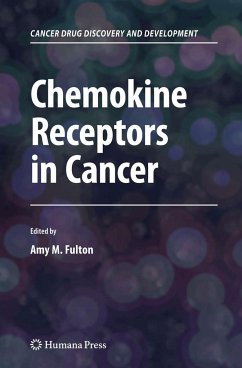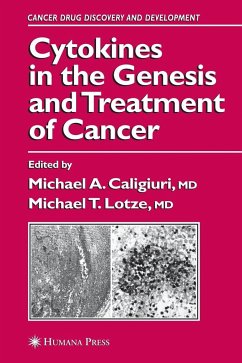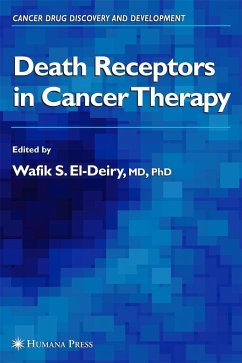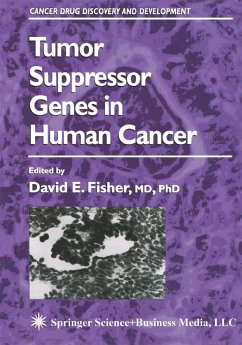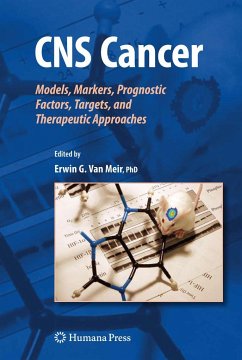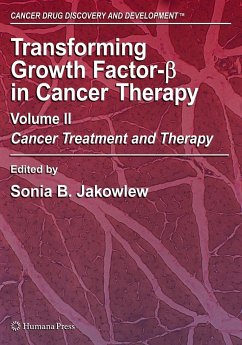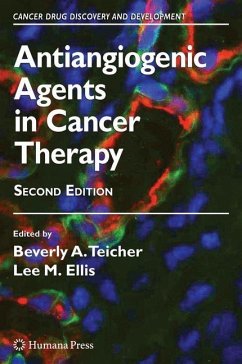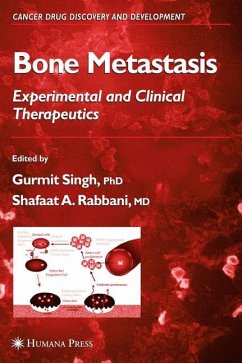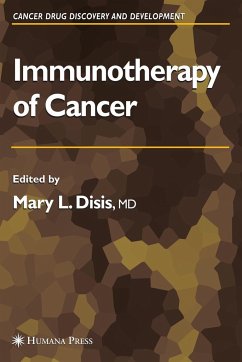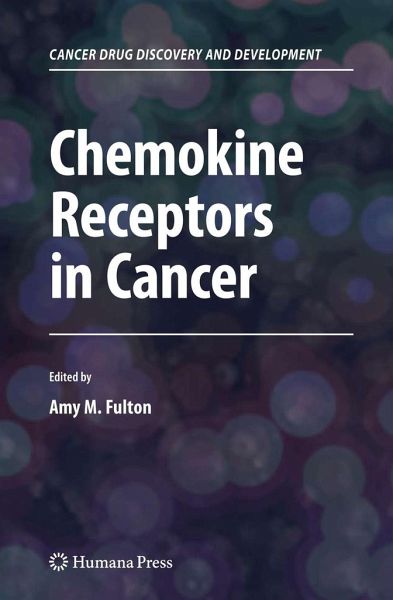
Chemokine Receptors in Cancer

PAYBACK Punkte
57 °P sammeln!
Chemokines are a superfamily of low molecular weight cytokines that were initially described based on their ability to induce the directed migration of leukocytes to sites of inflammation or injury. In humans, there are approximately 45 chemokines that bind to 19 G-protein-coupled receptors. In addition to mediating cellular migration, chemokines have now been shown to affect many cellular functions including survival, adhesion, invasion, proliferation, and to regulate circulating chemokine levels. Although chemokine receptors were first described on leukocytes, it is now appreciated that chem...
Chemokines are a superfamily of low molecular weight cytokines that were initially described based on their ability to induce the directed migration of leukocytes to sites of inflammation or injury. In humans, there are approximately 45 chemokines that bind to 19 G-protein-coupled receptors. In addition to mediating cellular migration, chemokines have now been shown to affect many cellular functions including survival, adhesion, invasion, proliferation, and to regulate circulating chemokine levels. Although chemokine receptors were first described on leukocytes, it is now appreciated that chemokine receptors are also expressed by many other cells including endothelial and epithelial cells.
Since the first description of chemokine receptors on malignant cells in 2001, an extensive literature has developed describing the expression and function of chemokine receptors in many malignancies. These studies support the initial hypothesis that malignant cells use chemokine receptors to migrate to distant sites of ligand expression and that expression of certain receptors is associated with a poor prognosis. It has also become apparent that malignancies of different tissues may use a diverse profile of chemokine receptors and that the same receptor may mediate metastasis to different sites in tumors of different histological origins. Receptor function may also maintain survival and expansion of the primary tumor.
Since the first description of chemokine receptors on malignant cells in 2001, an extensive literature has developed describing the expression and function of chemokine receptors in many malignancies. These studies support the initial hypothesis that malignant cells use chemokine receptors to migrate to distant sites of ligand expression and that expression of certain receptors is associated with a poor prognosis. It has also become apparent that malignancies of different tissues may use a diverse profile of chemokine receptors and that the same receptor may mediate metastasis to different sites in tumors of different histological origins. Receptor function may also maintain survival and expansion of the primary tumor.





